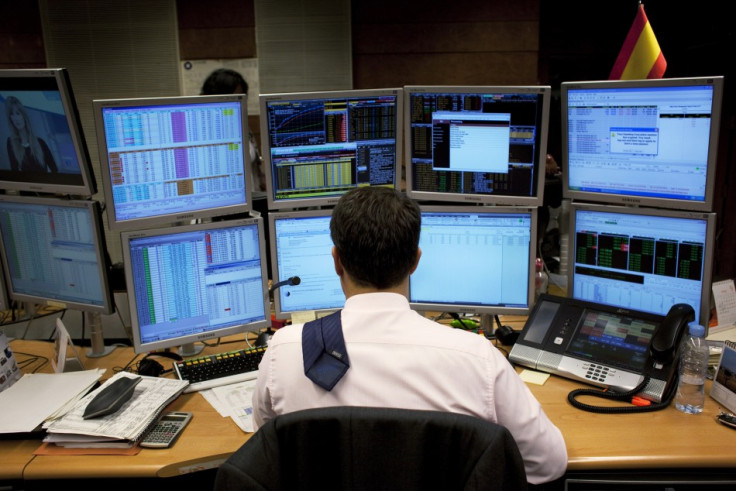Traders' hormones 'increase financial risk-taking'

The hormones cortisol and testosterone can influence stock market traders to take more financial risks in a stressful and competitive environment, researchers say.
A study published in the Scientific Reports said changes in hormone levels among traders could play a major role in destabilising financial markets.
Researchers staged conditions of a financial trading floor in a lab and measured hormone changes of the volunteers who took part in the study.
They found that when subjects were given doses of cortisol or testosterone, it shifted their investment pattern towards riskier assets.
Researchers said cortisol levels directly influenced risky behaviour, while testosterone induced increased optimism over future price changes.
In a separate experiment, researchers measured the hormone levels of volunteers participating in a trading game and found that individual and aggregate cortisol levels predicted subsequent risk-taking and price instability.
Cortisol is a hormone that occurs naturally in the human body. It is released in response to stress and low blood glucose.
Previous studies have shown that men with higher testosterone levels are more likely to be confident and successful in competitive situations.
"Our aim is to understand more about what these hormones do. Then we can look at the environment in which traders work, and think about whether it's too stressful or too competitive," said Dr Ed Roberts from the Imperial College London.
"These factors could be affecting traders' hormones and having an impact on their decision-making."
Dr Carlos Cueva, one of the lead authors of the study, added: "Our view is that hormonal changes can help us understand traders' behaviour, particularly during periods of financial instability."
The findings come as financial markets remain in a state of flux over the continuing debt crisis in Greece.
On 5 July, Greek voters rejected the conditions of a bailout package from its creditors in a referendum, pushing the country closer to an exit from the eurozone.
© Copyright IBTimes 2025. All rights reserved.




















